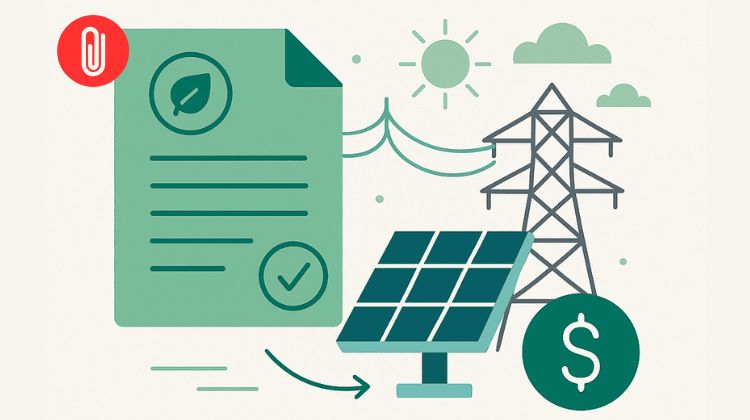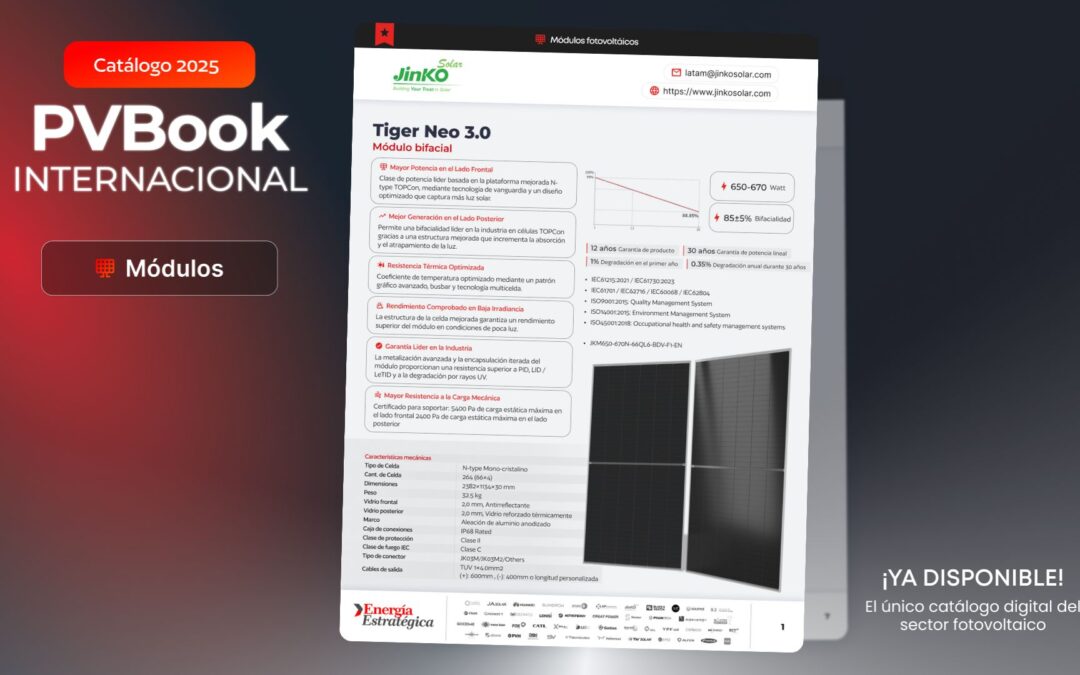The Ministry for Ecological Transition and the Demographic Challenge approved Order TED/1252/2025, published today in the Official State Gazette, with two specific modifications to the framework that regulates electricity generation from renewable sources, cogeneration and waste.
In its first article, the order modifies Order ITC/1522/2007 , which regulates guarantees of origin for renewable electricity and high-efficiency cogeneration. The most significant change is the elimination of the restriction on exporting guarantees of origin from facilities covered by the specific remuneration scheme—that is, those that receive remuneration regulated by the State.
Until now, these plants could only sell their certificates on the domestic market , where prices average between €1 and €2 per MWh , well below the values recorded in northern European countries, where guarantees can reach between €5 and €8/MWh .
The new regulation enables their participation in international trading, which will increase their competitiveness and profit margins , especially in a context of renewable energy oversupply and low pool prices.
The text also repeals the obligation to allocate revenue from the sale of Guarantees of Origin (GOs) to specific purposes , giving producers greater financial flexibility to decide how to reinvest or use those funds.
Sources consulted interpret this point as a further step in integrating environmental traceability mechanisms into the European market , aligning Spain with the criteria of Directive (EU) 2018/2001 on renewable energy (RED II).
The second article modifies Order TED/526/2024 , which regulates the methodology for updating the remuneration for the operation of standard facilities whose costs depend on fuel. Specifically, it adds a minimum quarterly deviation value between cash flows , which serves as a reference floor for calculating adjustments for the impact on investment remuneration in biomass plants.
Until now, monthly settlements could be distorted and require retroactive adjustments due to the way cash flows were estimated, creating uncertainty for companies regarding their expected income.
The new system introduces a stable calculation formula (FCminn,k Deviation = –Rinvn / VIVPEE–RI) that prevents excessive deviations and ensures a more balanced distribution of payments throughout the regulatory year.
For the biomass sector —where operating costs are highly linked to fuel prices and waste availability—, the measure represents an improvement in economic predictability and operational stability , two key factors for attracting new investments in a segment with high capital intensity and low return margins.
Order TED/1252/2025 is part of a broader review of the specific remuneration scheme initiated by the Government with Royal Decree 917/2025 , of October 15, which amends Royal Decree 413/2014—the central framework for support for renewable energies in Spain.
Both regulations were initially processed jointly, but the Council of State warned that the ministerial orders should be approved independently.
With this measure, the Ministry for Ecological Transition and the Demographic Challenge (MITECO) concludes the administrative adjustment phase prior to the parameter review scheduled for the 2026-2031 period, during which the return on investment and operation values for standard facilities will be updated.
Legal sources consulted emphasize that this move aims to stabilize the framework before the new semi-annual review , reducing litigation and strengthening legal certainty for investors.































